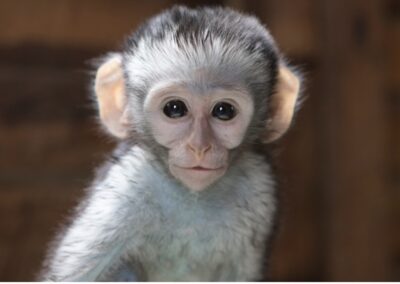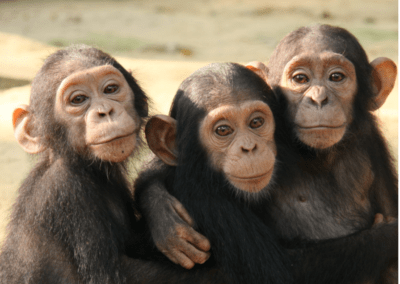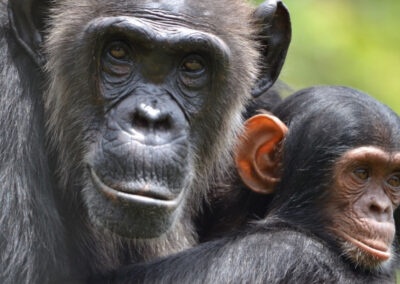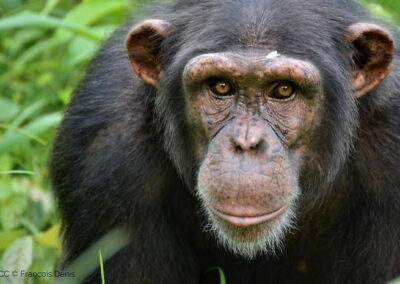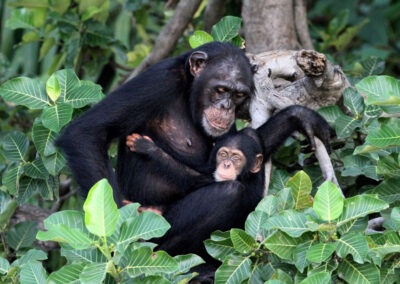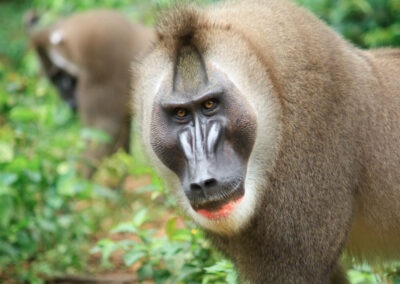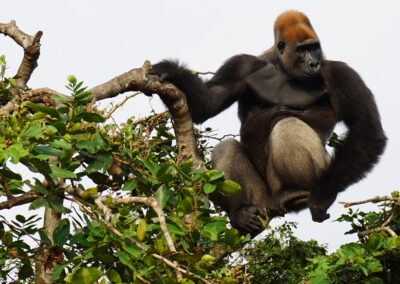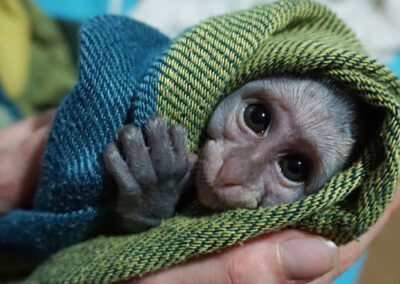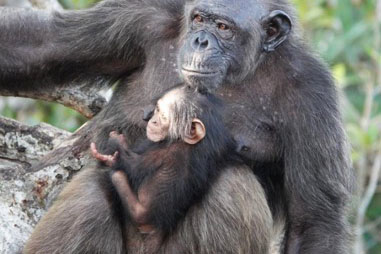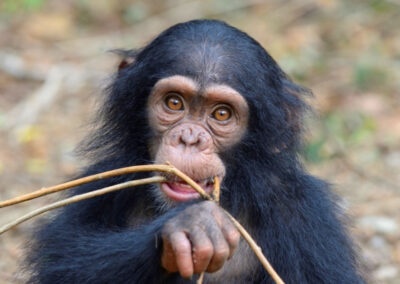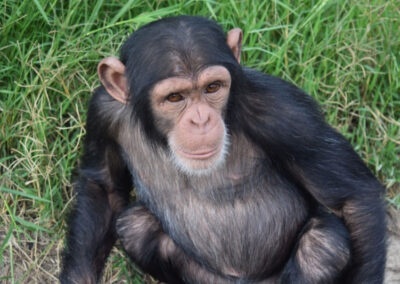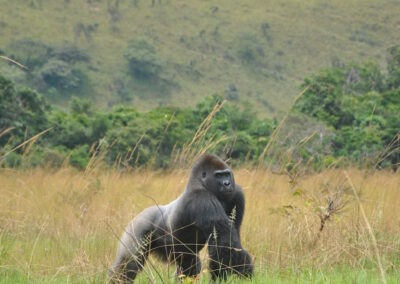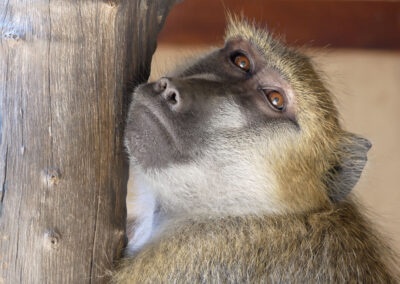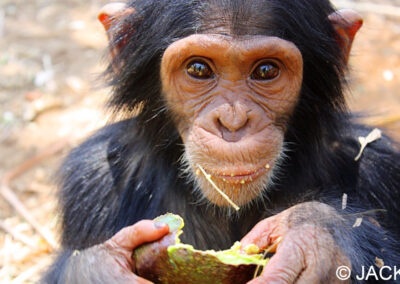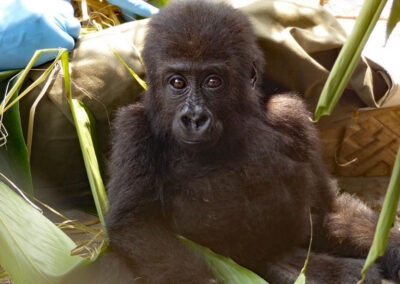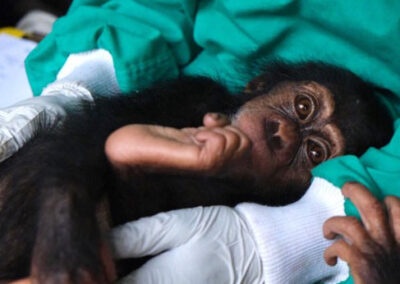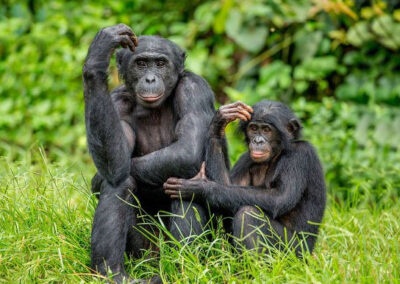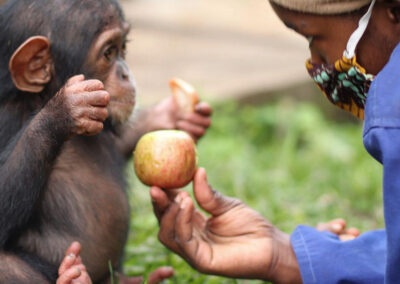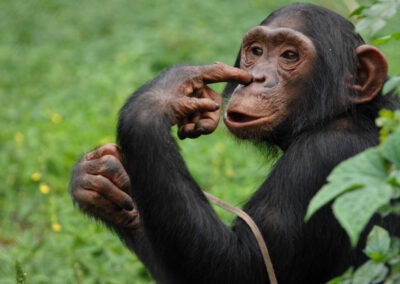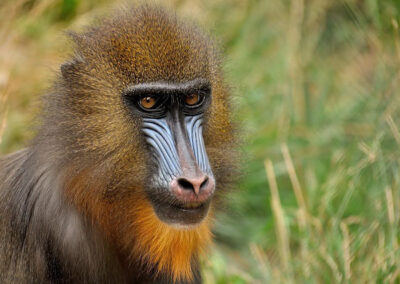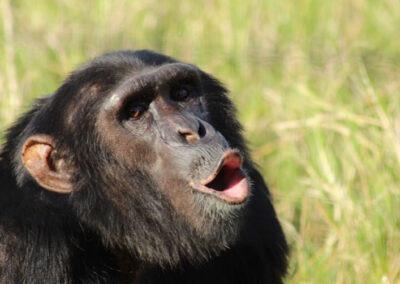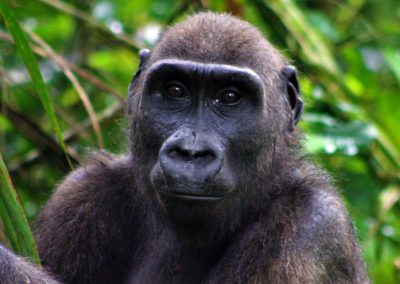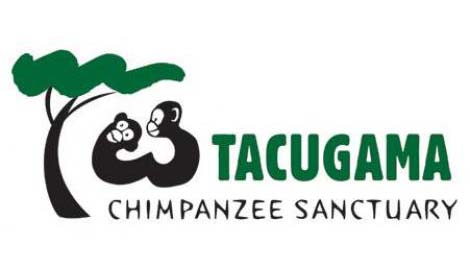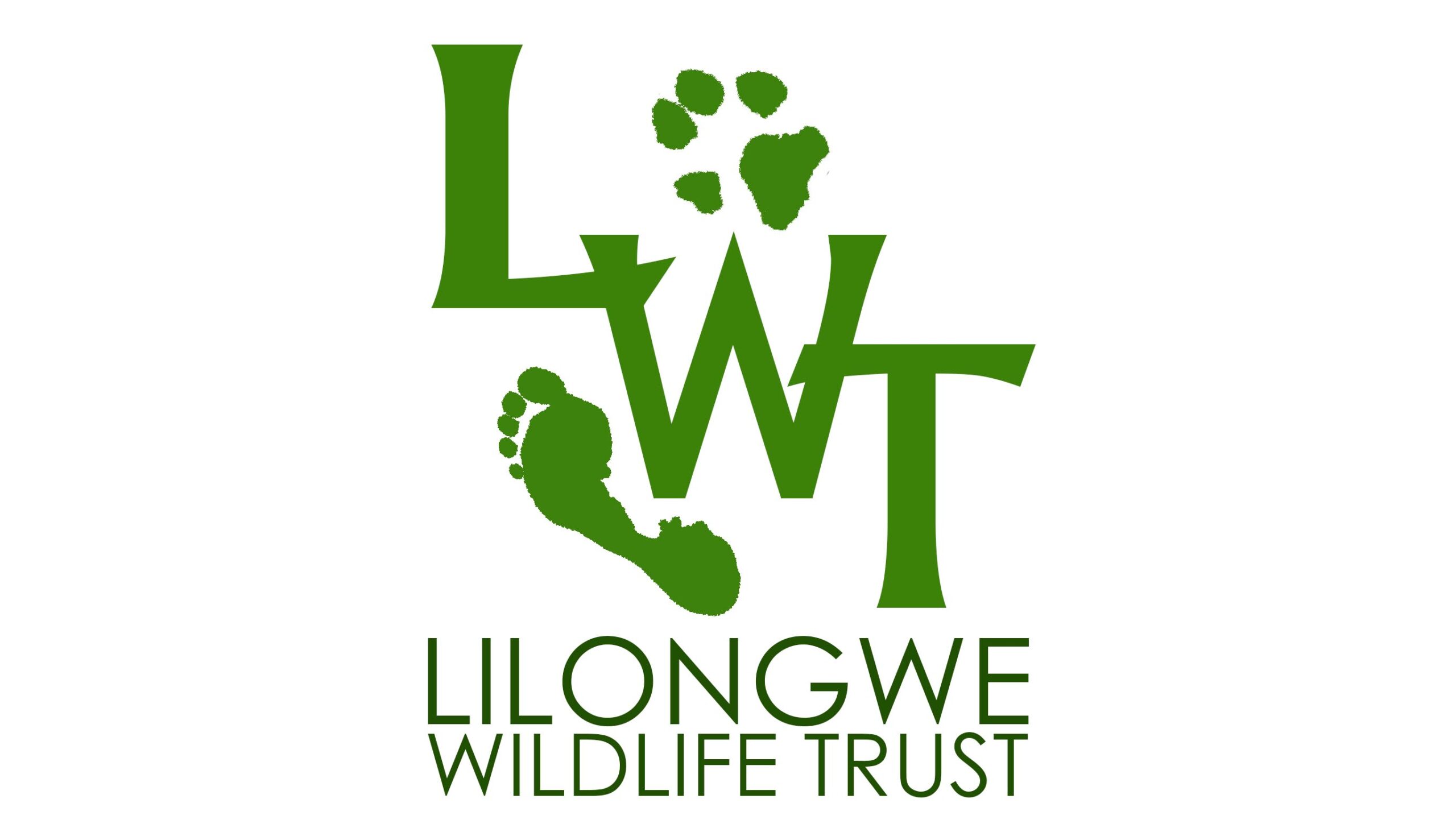These 23 sanctuaries and wildlife centers – in 13 countries across Africa – are changing the game for primates.
Discover the Sanctuaries
PASA member sanctuaries collectively care for over 3,000 animals. You can view all of the sanctuaries or filter by the primate species you want to learn more about!
In Their Own Words
Frequently Asked Questions
Does PASA own the sanctuaries in the Alliance?
No. The member sanctuaries are independently owned and operated. PASA partners with them and provides support and services to help them provide high-quality care for rescued primates and address long-term threats to their survival.
How do sanctuaries become members of PASA?
Each sanctuary goes through a rigorous accreditation process to join PASA. It is outlined in our Operations Manual. We look at all facets of running a sanctuary, including animal care, enclosure size, financial planning, and staff development.
How do PASA members get the animals in their care?
How many animals do PASA members care for?
PASA members care for over 3,000 animals, including endangered species like chimpanzees, bonobos, and gorillas, and diverse species of monkey. Many care for non-primates as well.

